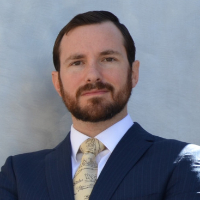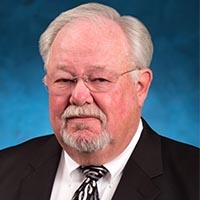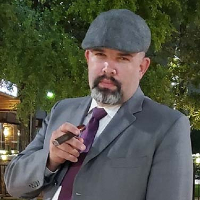Dallas DUI-DWI Lawyer, Texas
Sponsored Law Firm
-
 x
x

Click For More Info:
-
The Todd Rash Law Group
2363 Hwy. 287 N. Suite 205 Mansfield, TX 76063» view mapCriminal Defense Law Experienced Aggressive Injury Lawyers
When you need an experienced aggressive Criminal Defense attorney that delivers results. Todd Rash's record speaks for itself.
800-698-5790
Aaron Alan Herbert
✓ VERIFIEDFor over a decade he has shown an unwavering commitment to clients who were seriously injured by major accidents and industrial catastrophes. During t... (more)
Christopher Lankford
✓ VERIFIEDChristopher Lankford is licensed to practice law in all Texas state courts, Federal court (Northern District of Texas), and the Supreme Court of the U... (more)
Craig Allen Dameron
With over 15 years of experience representing clients charged with DWI and other criminal charges in Tarrant County and throughout the Dallas-Fort Wor... (more)
Darlina Crowder
Attorney Darlina C. Crowder provides criminal defense representation for clients in the Plano, Texas area. She has been practicing law in the U.S. Dis... (more)
Gregory J. Prickett
✓ VERIFIEDGreg spent 20 years in the military, both Army and Air Force, and retired as a captain in the reserves in 1999. He also served as a police officer in ... (more)
Hunter A. Biederman
Hunter Biederman, often referred to as the “Go to Guy for DWIs” is a founding partner of the Law Offices of Biederman & Burleson P.L.L.C., located... (more)
Jason Van Dyke
Throughout a tenure exceeding sixteen years, Mr. Van Dyke has dedicated his legal prowess as the general counsel for factoring companies, commercial d... (more)
Jay Bishop
✓ VERIFIEDJay Bishop proudly serves Dallas, TX and the neighboring communities in the areas of DUI-DWI and Family law.
 Todd Rash Mansfield, TX
Todd Rash Mansfield, TX Practice AreasExpertise
Practice AreasExpertise











